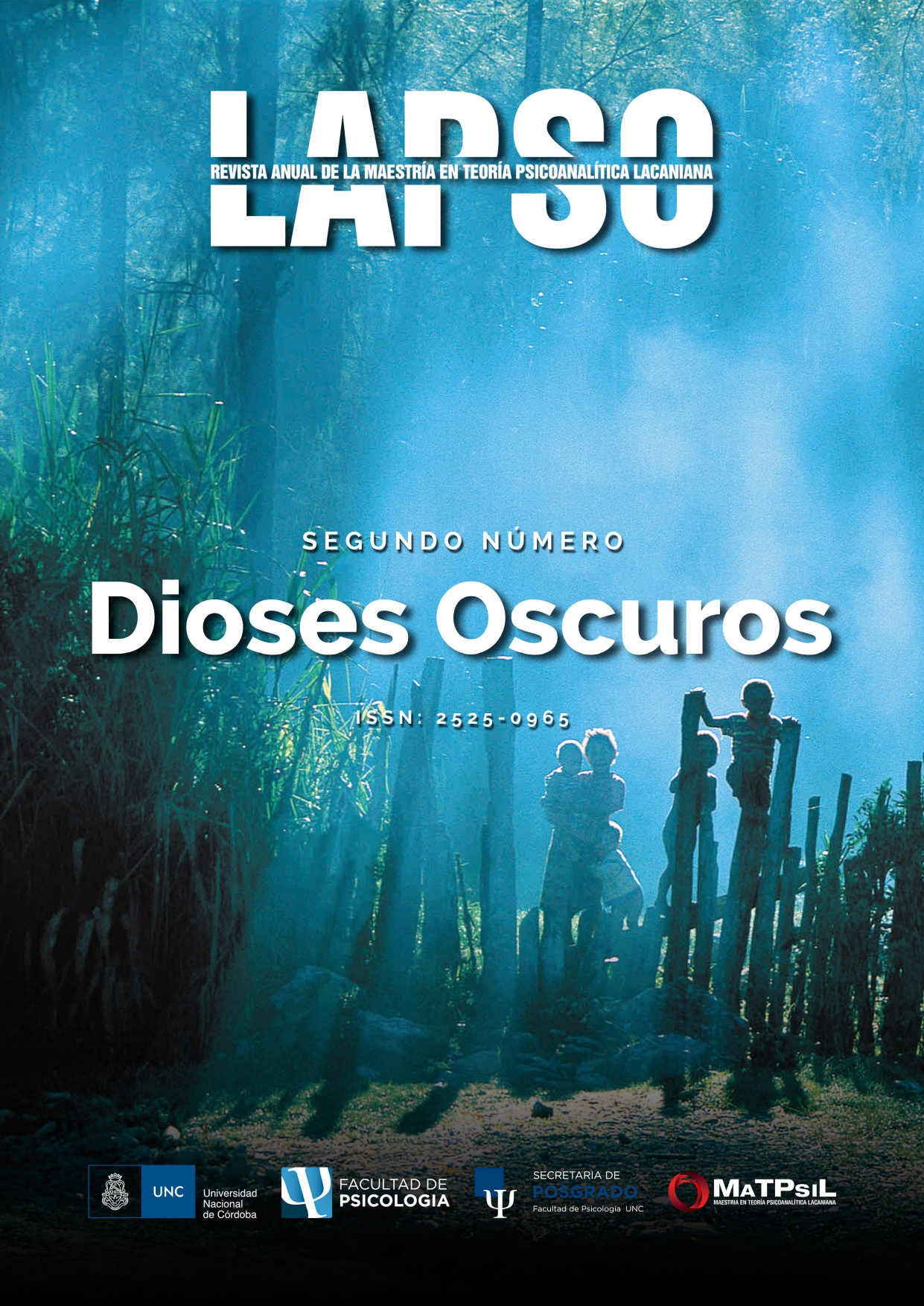Interview with Eugenia Raúl Zaffaroni
Abstract
Zaffaroni argues that the criminal issue is a problem that is part of a global framework where the deepest core of the future form of coexistence—and even the very fate of humanity in the coming years—is at play.
His thesis that states commit mass homicides led him to say that “[w]hat has been verified is only that from time immemorial enemies are invented that are sacrificed, that a new enemy is then invented and a new sacrifice is produced, that it is more clearly and dramatically noticeable as modern civilization planetarizes itself and technology advances and each new sacrifice implies new mass homicides.” These concepts earned Zaffaroni the Stockholm Prize in 2009. He was the first non-English-speaking nominee to be awarded this prize, the highest in the field of criminology worldwide.
The issue of sacrifices is one Zaffaroni often addresses in his papers and books. For this reason, LAPSO requested an interview with him, knowing that the dialogue between law and psychoanalysis has always been fruitful, even considering the particular and dissimilar perspectives of each field.
Downloads
Published
Issue
Section
License

This work is licensed under a Creative Commons Attribution-NonCommercial 4.0 International License.
Se permite la generación de obras derivadas siempre que no se haga con fines comerciales. Tampoco se puede utilizar la obra original con fines comerciales.


